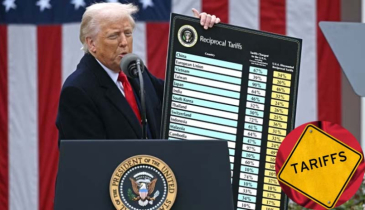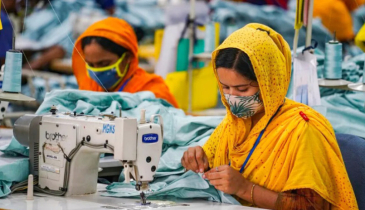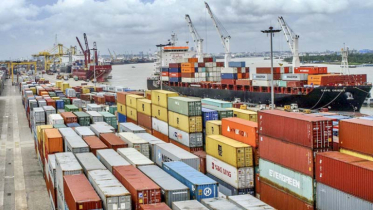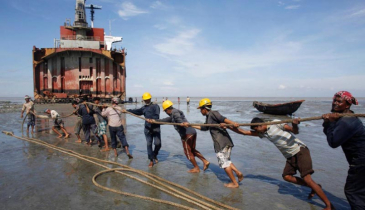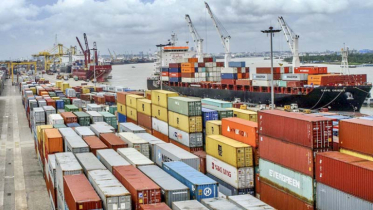ADB to lend $20.8 billion to Bangladesh in four years

The Asian Development Bank (ADB) is set to loan $20.8 billion to Bangladesh over the next four years, aiming to help the country accelerate its economic growth and achieve upper-middle-income status within the next decade.
This new loan amount represents a significant increase of 42.3 percent compared to the $12 billion received by Bangladesh in the previous four years, as per documents from the Manila-based lender.
Out of the total expected financing, $16.4 billion, or 78.85 percent, will be provided as ordinary capital resources (OCR) loans, reflecting Bangladesh’s enhanced repayment capacity.
These loans, which are near-market terms, come with a 25-year repayment period and a five-year grace period, with an interest rate set at SOFR plus 0.75 percent.
ADB’s country program documents outline a loan pipeline for 92 projects across seven sectors from 2024 to 2027. Key projects include the Mass Rapid Transit (MRT) Line-5 (Southern Route), the SASEC (South Asia Subregional Economic Cooperation) Dhaka-Chattogram Highway Improvement Project, the SASEC South Corridor Improvement Project (Faridpur-Barishal Highway), and the Dhaka Power System Expansion and Strengthening Project.
Although there is no specific allocation for regular OCR loans, ADB anticipates committing approximately $16.4 billion between 2024 and 2027, dependent on the readiness of proposed projects.
The ADB identifies major developmental challenges for Bangladesh, including infrastructure deficits, low private sector competitiveness, vulnerability to climate change, and regional disparities. Additionally, the country faces issues in employment generation, human capital development, social protection, and governance.
To address these challenges, and in alignment with the government's growth objectives, ADB's country partnership strategy (CPS) for 2021-2025 aims to enhance competitiveness, employment, and private sector development. It also focuses on promoting green growth and climate resilience, as well as strengthening human capital and social protection.
Currently, the Bangladeshi government is working on the Ninth Five-Year Plan, with goals to graduate from the least-developed country status by 2026 and to achieve upper-middle-income status by 2031.
The ADB states that its public sector management and governance sector program will tackle fundamental economic development issues by mobilizing domestic resources, promoting economic diversification, enhancing trade openness and investment, encouraging green growth, and strengthening institutions and governance, particularly through digitalization.
.png)
Advertisement


